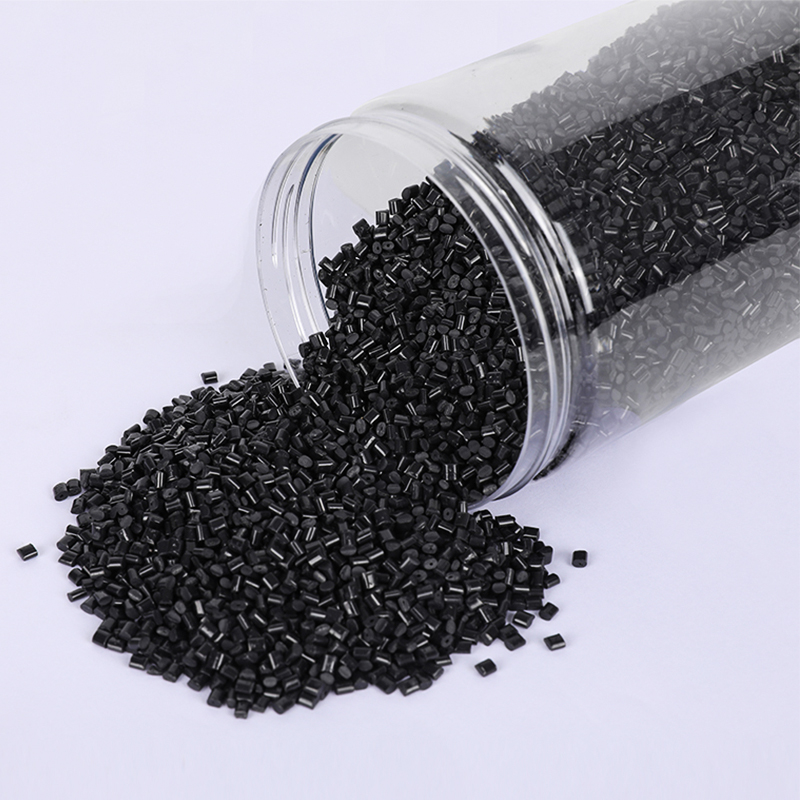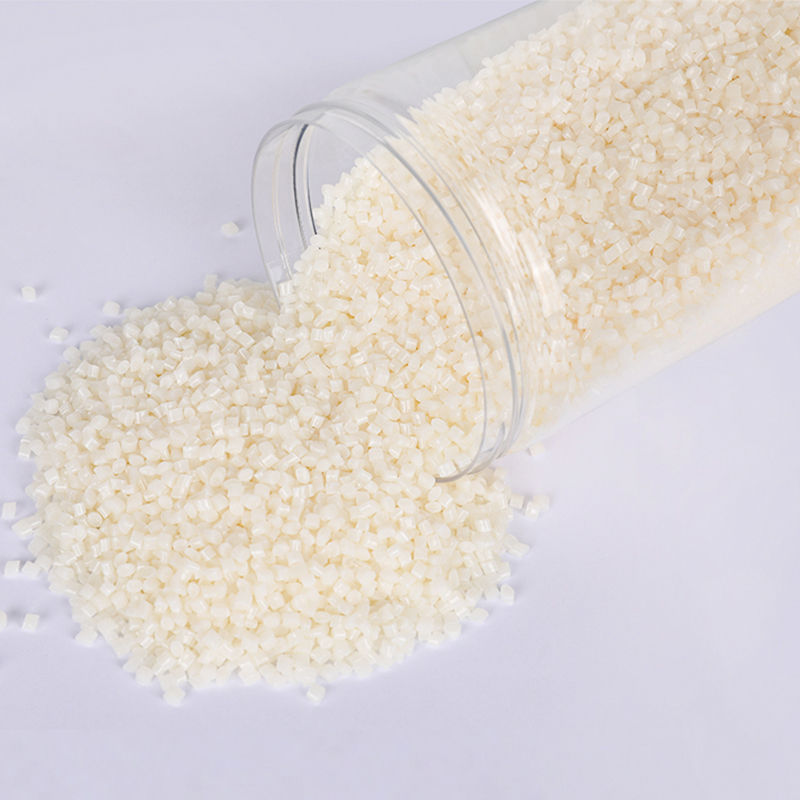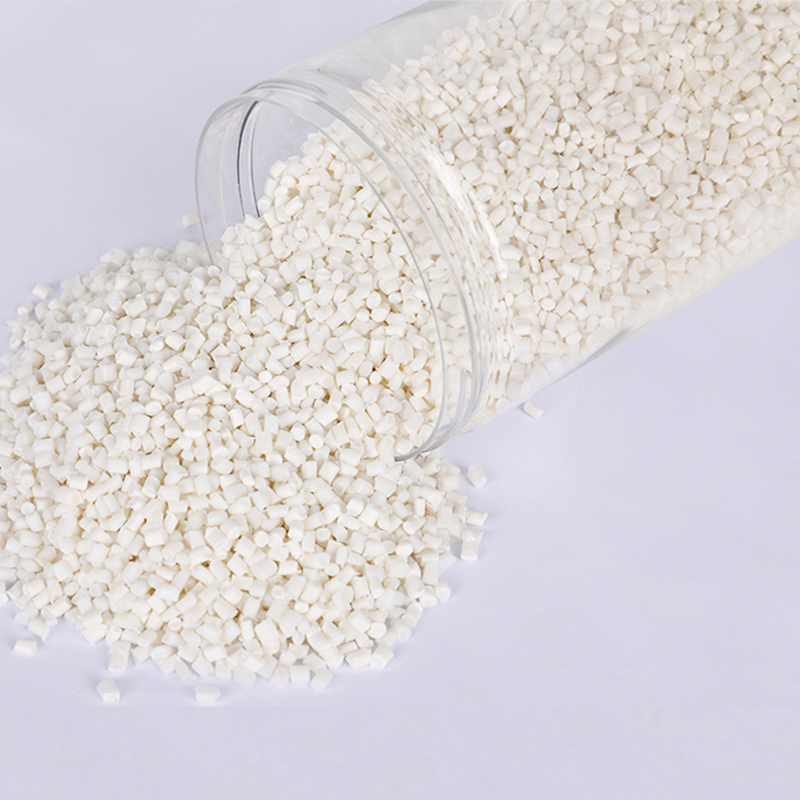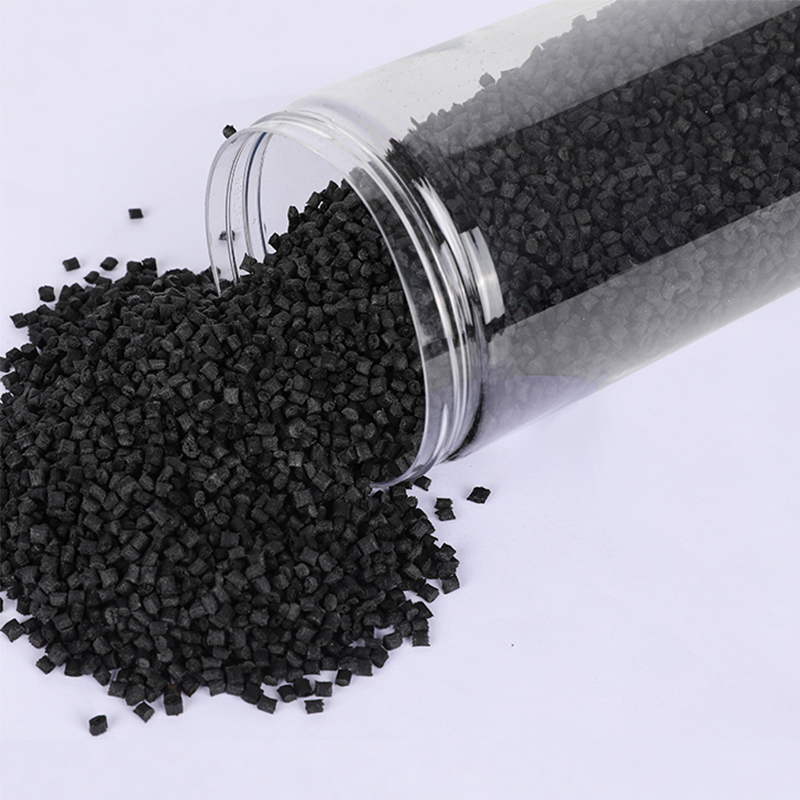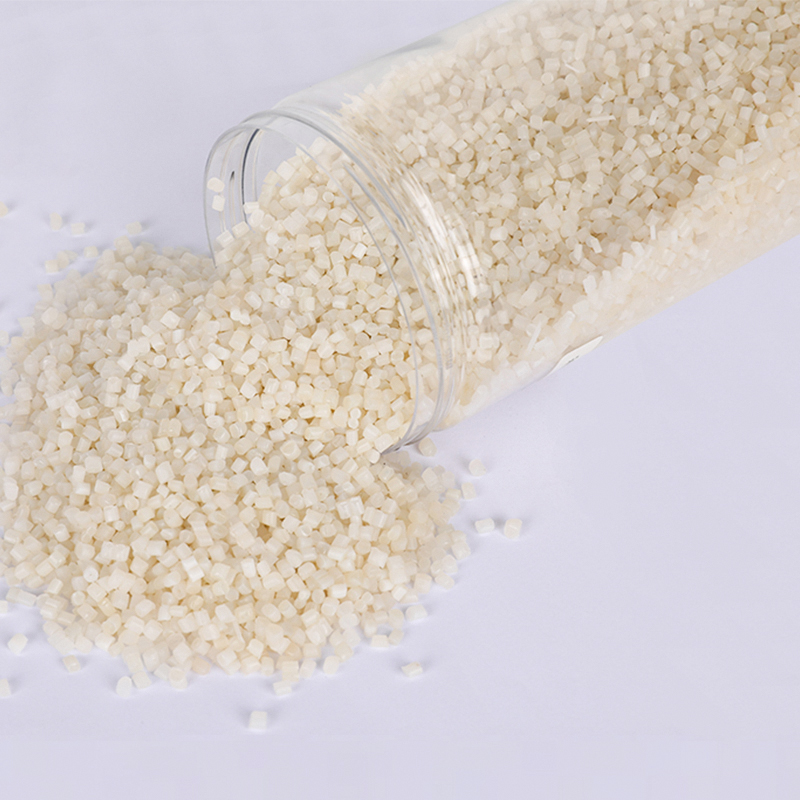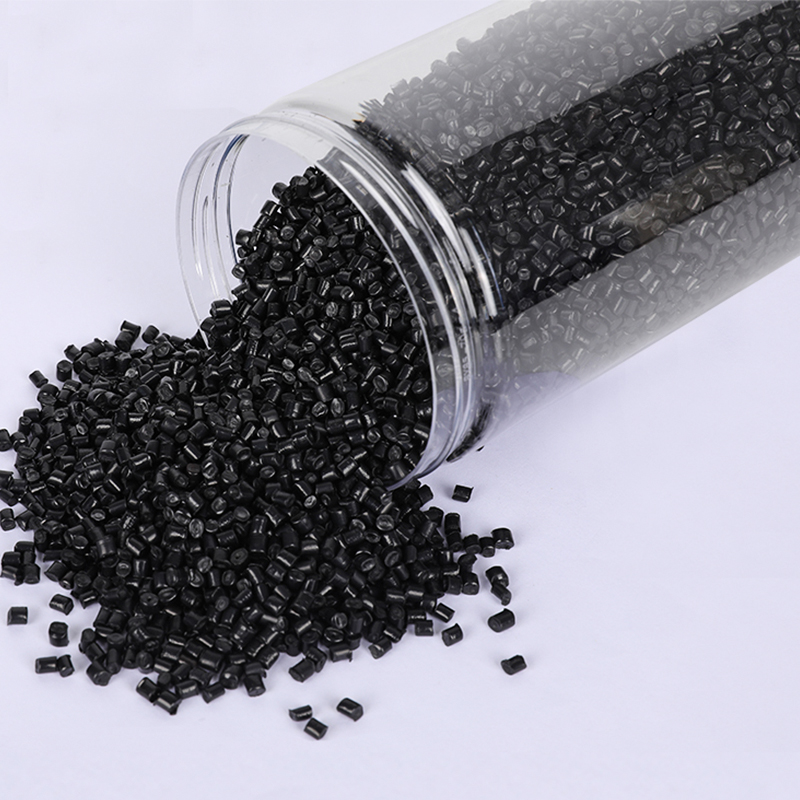Stay up to date with our recent products
Web Menu
Product Search
Exit Menu
Comparing GRS Recycled PE Polyethylene Resin with Virgin PE: A Comprehensive Look at Performance and Cost Benefits for Manufacturers
When it comes to selecting materials for industrial applications, manufacturers often face the choice between virgin polyethylene (PE) and recycled PE options. While virgin PE has long been a staple in the industry, the growing demand for sustainability and cost-efficiency has brought GRS Recycled PE Polyethylene Resin Raw Material to the forefront as a compelling alternative. But how does recycled PE measure up to its virgin counterpart in terms of performance, durability, and overall cost? In this article, we’ll explore these key aspects in-depth and discuss why switching to GRS Recycled PE could benefit your manufacturing processes.
One of the primary concerns when considering recycled materials is whether they can deliver the same level of performance as virgin polyethylene. In the case of GRS Recycled PE, the answer is a resounding yes for most applications. Recycled PE resins have come a long way in terms of quality and consistency, thanks to advancements in recycling technologies. With meticulous sorting, cleaning, and refining processes, GRS Recycled PE is able to achieve mechanical properties that are nearly identical to those of virgin PE, including tensile strength, impact resistance, and thermal stability. As a result, it is suitable for a wide range of applications, from injection molding to blow molding, ensuring that performance remains uncompromised.
From a durability perspective, GRS Recycled PE also holds its own. One common misconception about recycled materials is that they might not be as durable as virgin alternatives, especially when subjected to demanding conditions. However, through continuous improvement in recycling processes and the use of advanced additives, recycled PE can match or even exceed the durability of virgin PE in many instances. Manufacturers looking to maintain the longevity and quality of their products can confidently rely on GRS Recycled PE without compromising performance or safety standards.
While performance and durability are critical, cost is another significant factor in choosing between virgin and recycled PE. GRS Recycled PE Polyethylene Resin Raw Material offers a substantial cost advantage. Because it is sourced from post-consumer and post-industrial plastic waste, the material costs for recycled PE are generally lower than those for virgin polyethylene. This price difference is especially noticeable as global demand for sustainable products continues to rise. By choosing GRS Recycled PE, manufacturers can reduce their raw material costs without sacrificing quality, which is a major competitive advantage in today’s price-sensitive market.
Moreover, the cost benefits extend beyond the initial purchase price of the material. Using recycled PE can lead to significant savings in waste management and disposal costs, as manufacturers are able to reduce their reliance on landfill disposal. In addition, many regions are increasingly enforcing regulations that encourage or even mandate the use of recycled materials. By adopting GRS Recycled PE, manufacturers can not only save money but also avoid potential compliance costs associated with these regulations, ensuring smoother operations and fewer disruptions.
Another key consideration is the environmental impact of using GRS Recycled PE. Virgin polyethylene production is energy-intensive, requiring large quantities of fossil fuels and natural resources, leading to high carbon emissions. In contrast, the production of recycled PE uses significantly less energy and produces fewer emissions. By opting for GRS Recycled PE, manufacturers contribute to a circular economy by reducing the demand for new plastic and supporting a more sustainable production model. This shift not only reduces environmental impact but also aligns with the growing consumer preference for eco-friendly products, giving businesses an edge in the competitive marketplace.
The versatility of GRS Recycled PE also deserves attention. While virgin PE is commonly used in a variety of industries, such as packaging, automotive, and consumer goods, GRS Recycled PE is equally adaptable. Manufacturers are increasingly finding innovative applications for recycled PE in areas such as construction, agricultural films, and even textiles. This wide range of potential uses makes GRS Recycled PE a smart choice for companies seeking to expand their product lines while maintaining a commitment to sustainability.
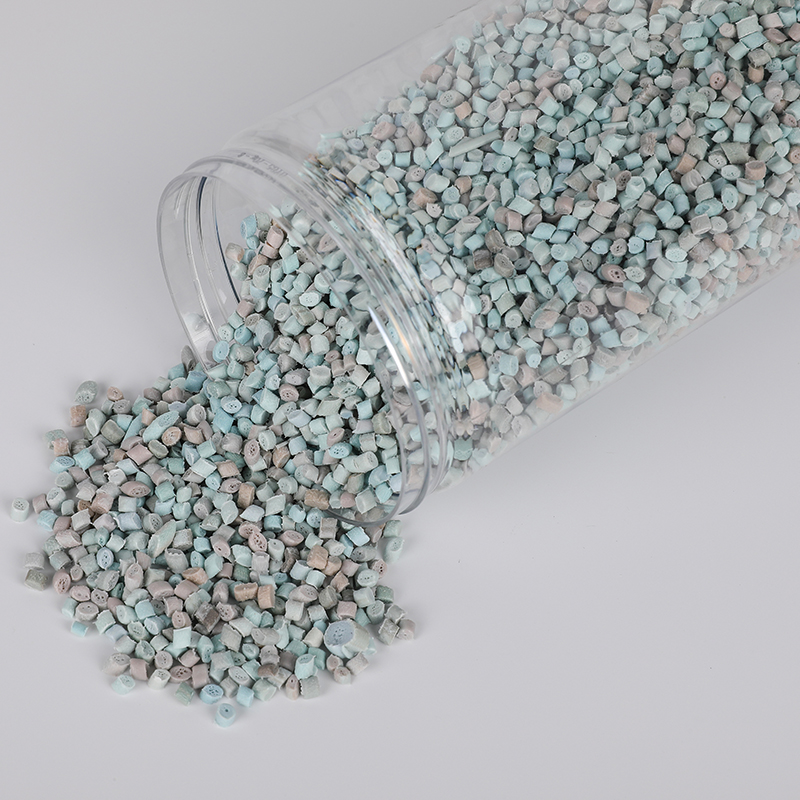
Finally, it’s important to acknowledge that the use of GRS Recycled PE Polyethylene Resin Raw Material can enhance a manufacturer’s brand reputation. As sustainability becomes a key factor in consumer purchasing decisions, businesses that adopt recycled materials gain recognition for their commitment to environmental stewardship. Whether you’re aiming to meet corporate sustainability goals, respond to regulatory pressure, or appeal to eco-conscious consumers, choosing GRS Recycled PE positions your company as a leader in the movement toward a greener, more sustainable future.
In conclusion, while virgin PE remains a reliable choice for many applications, GRS Recycled PE offers substantial advantages in terms of performance, cost, and sustainability. Manufacturers who incorporate GRS Recycled PE into their processes stand to benefit from reduced material costs, enhanced durability, and improved environmental impact—all while aligning with the increasing global demand for recycled and sustainable materials. With continued advancements in recycling technologies, the gap between recycled and virgin polyethylene will only continue to close, making GRS Recycled PE an even more attractive option for forward-thinking manufacturers looking to innovate without compromising on quality.
As China PCR Recycled Plastic Granules Factory, We always adhere to the experience and philosophy of "keeping up with the times, constantly innovating, developing efficiently, and cooperating for mutual benefit"

Address: No.11, Wangzhuang Section, Provincial Road 01, Daqiao New Area, Economic Development Zone, Haiyan County, Jiaxing City, Zhejiang Province, China
Phone: +86-18058285678
Fax: +86-0573-86868101
E-mail: [email protected]
SUNRISE GROUP(Overseas Exclusive Agent)
www.sunrisechemical.com
2024 ICIS Global Chemical Distributor Top 8
Export Sales Manager:Helen Zhang
Mob/Whatsapp: +86 19883063465
Email: [email protected]
Copyright © Jiaxing Anyiju Plastic Industry Co., Ltd. All Rights Reserved

 简体中文
简体中文 English
English

